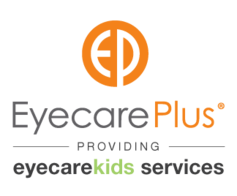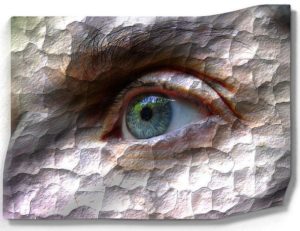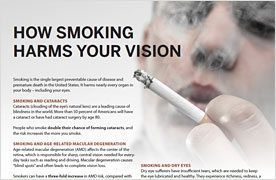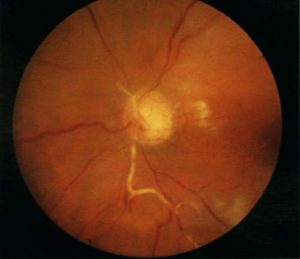1. Using the computer doesn’t hurt your eyes, contrary to popular belief
“Staring that your computer it doesn’t actually cause direct physical damage, however, there is a growing body of evidence that blue-light emitted from screens can affect contribute to macula degeneration, potentially interrupt your sleep pattern, exacerbate dry eye symptoms as well as contributing to eyestrain” says Dr Alex Du, Behavioural Optometrist from Eyecare Plus Kareela. Still, starting at the screen can strain your eyes, and make you tired and vision temporarily blurred.
2. Wearing reading glasses doesn’t make your eyes weaker
A common question asked during an eye exam is, “won’t the reading glasses make my eyes worse?” The truth is, our focusing system was weakening since we were young. Try it. Ask a child how close they can bring a book to their eyes before it goes blurry, then ask a 30 year old, a 40 year old, a 50 year old and finally a 60 year old. The point that which things go blurry is pretty consistent and most of the blur at near is usually perceived around 45 years of age. Wearing glasses simply re-focuses the optics so that you see better and due to being able to see better. The change will happen whether or not your wear you glasses.
3. Everyone’s eyes are actually the same colour
The back of the iris is the same colour in every person, a shade of brown. The perception of eye colour has to do with how thick the iris tissue is and hence how much pigmentation there is.
4. Spending time outside can counteract the tendency of reading to make kids near-sighted
It has been shown that if you spend time outside, your risks of becoming short sighted decreases. Hence if you do a lot a reading, try to spend as much time outdoors as you can. Dr Alex Du states, “Based on recent research, children should be outside for hours or more each day. This includes lunch breaks and after outdoors sporting activities”.
5. Your eyes get drier in the winter, just like your skin
The amount of tears on the surface of the eye is a function of how much is being secreted versus how much either drains or evaporates. When air is drier evaporation happens faster, hence why in winter your eyes are generally drier. Looking after your dry eyes requires daily management just like moisturising your skin every day. It only feels as good as the last time you looked after it.
6. You shouldn’t go to bed with your daytime contacts in
The increased risks of complication and infections in the eye are not worth the issue especially when sight-threatening. Daytime contact lenses are designed for daytime wear. The healthiest contact lenses are daily use ones. Chuck them out at the end of the day and put a brand new pair next time. Don’t forget to get your corneas checked every 6 months just like going to the dentist. A quick visit will make sure your corneas are all good to go.
7. Make-up can cause eye injuries
Mascara brushes are one of the most common injuries to the eyes. There can also be significant amounts of debris of makeup getting caught in and around the eye. Debris can turn to blepharitis which is a form of infection around the eyelashes causing crustiness and general ‘yuckiness’. Make sure you replace your mascara on a regular basis.
8. Smoking can seriously damage your vision
Smoking increases your risk of macular degeneration which is the leading cause of blindness in the world. Smoking damages the small blood vessels in the retina and optic nerve… Oh and while we are at it, smoking is just plain bad for your health…. period.
9. Your eyes may reveal other underlying health conditions
Your eyes can show a whole host of medical conditions which you may or may not know you have. It is the only part of the body where the blood vessels can be physically examined so it can show early signs of heart diseases. Cancers or tumours, thyroid problems, even autoimmune problems can be seen in the eye at some stages. This is one part of the test (dilating the eyest) you should not skimp out or forget to come back for if your optometrist tells you it’s important to do.
10. At some point, everyone will get cataracts and everyone will need contacts, glasses, or eye surgery.
So there is no need to worry or feel special if you do get cataracts. It’s a natural part of the aging process. If someone can figure out a way to reverse cataracts (and wrinkles for that matter), we might just be able to reverse cataracts too!
For more information on eye health and eye conditions or to find your local Eyecare Plus optometrist visit:www.eyecarevision.com.au
About optometrists:
Optometrists are experts in vision care who diagnose, manage and treat a wide range of vision problems, eye diseases and ocular conditions. By prescribing spectacles, contact lenses, vision aides and other treatments, optometrists help their patients maximise and retain good vision for life.






1 Comment.
Many thanks for sharing this fantastic web site